We may earn money or products from the companies mentioned in this post. This means if you click on the link and purchase the item, I will receive a small commission at no extra cost to you ... you're just helping re-supply our family's travel fund.
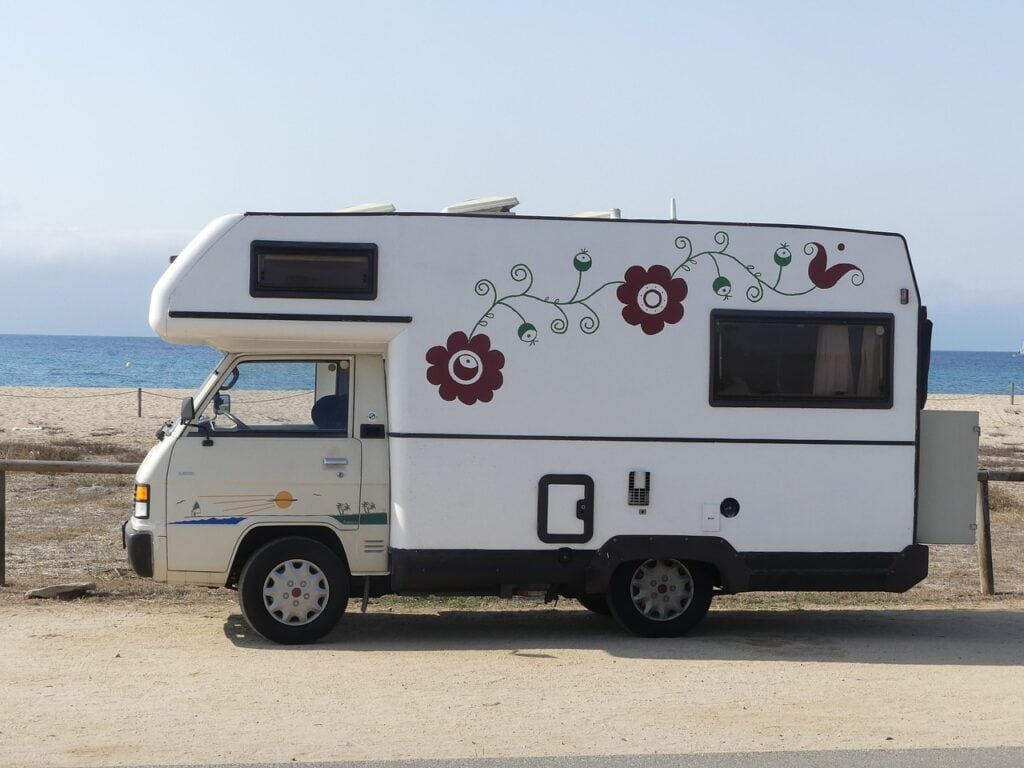
RV living has an undeniable appeal. The open road, changing scenery, and the ability to carry your home wherever you go sound almost too good to be true. But like any lifestyle, it comes with realities that can surprise those just starting out. While the freedom is real, so are the challenges. Knowing what to expect before you commit helps set realistic expectations and makes the transition smoother. Here are eight truths every first-time RVer should prepare for.
1. Space Will Feel Smaller Than You Imagine
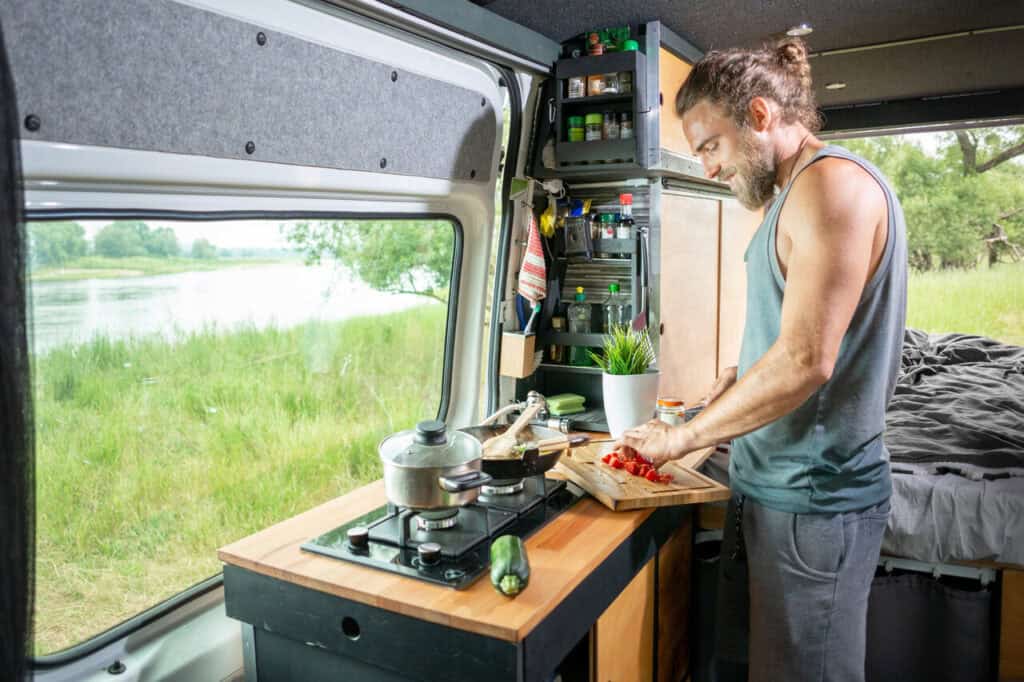
Even the most spacious RV feels tight after weeks on the road. Closets are tiny, counter space is minimal, and you learn quickly that every item must earn its place. Couples and families especially need to practice patience and cooperation because privacy is limited. At first, the close quarters may feel cozy, but after a while, clutter builds and tempers can shorten. Adapting means being intentional about organization, embracing minimalism, and finding ways to spend time outdoors. The more you learn to value experiences over things, the easier the adjustment becomes.
2. Maintenance Never Really Ends

An RV is both a vehicle and a home, which means twice the upkeep. Tires wear, engines need servicing, water systems leak, and electrical quirks pop up when you least expect it. Many first-timers underestimate how often small repairs come up and how quickly costs add up. You either learn basic troubleshooting or budget for frequent mechanic visits. Regular inspections, staying on top of fluid checks, and tackling small issues before they grow can save money and headaches. Think of maintenance as a core part of the lifestyle, not an occasional task.
3. Campsite Costs Add Up Fast
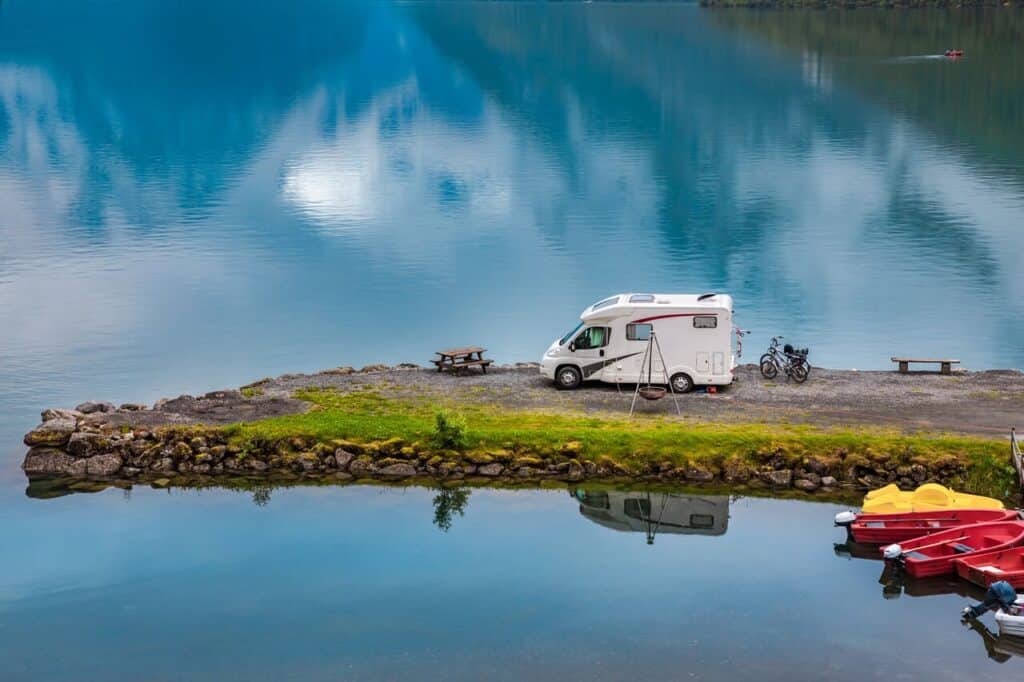
Many people think RV life means free living, but campsites can be pricey, especially during peak season. Full-hookup sites at popular destinations sometimes cost as much as a budget hotel. Cheaper or free spots exist, but they often lack amenities or book up quickly. Fuel, propane, and dump station fees also sneak into the budget. First-timers should research ahead, join discount programs, and mix in free overnight options when possible. Being flexible with locations helps stretch dollars further. RVing can be affordable, but only with smart planning and realistic budgeting.
4. Driving Can Be More Stressful Than Expected
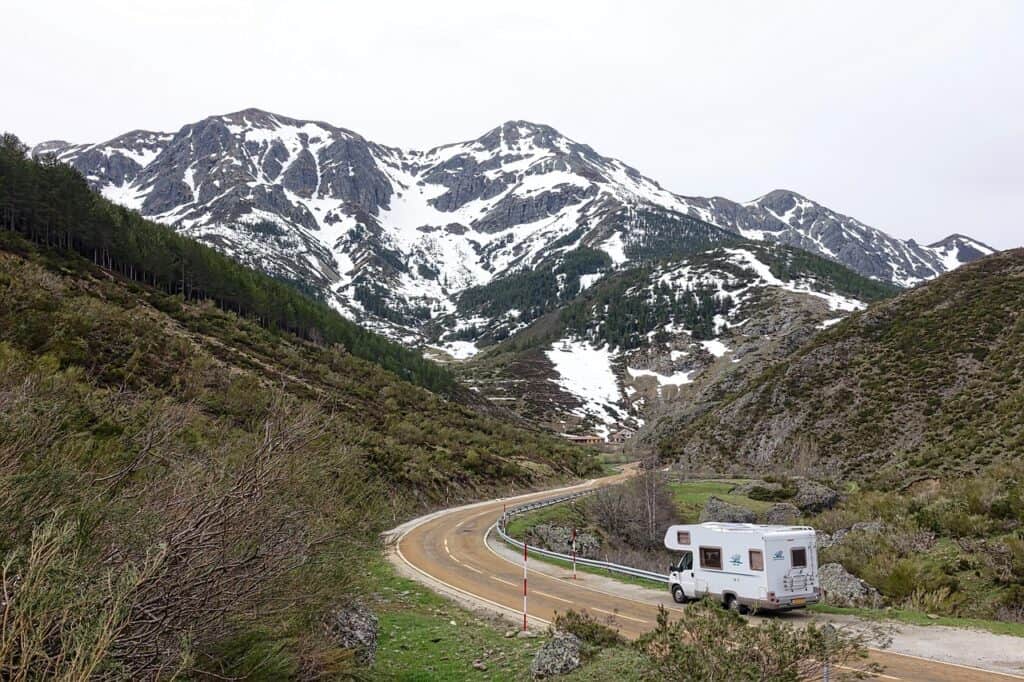
Driving an RV is not like driving a car. The size, weight, and wide turns take practice. High winds, mountain roads, and heavy traffic can test your nerves quickly. Parking and maneuvering into campsites sometimes feel like a sport of patience and precision. For beginners, planning shorter driving days helps reduce fatigue. Using RV-friendly GPS apps avoids routes with low bridges or tight roads. Over time, confidence builds, but it requires patience and constant awareness. The key is to respect the size of your vehicle and never rush.
5. Wi-Fi and Cell Service Are Never Guaranteed
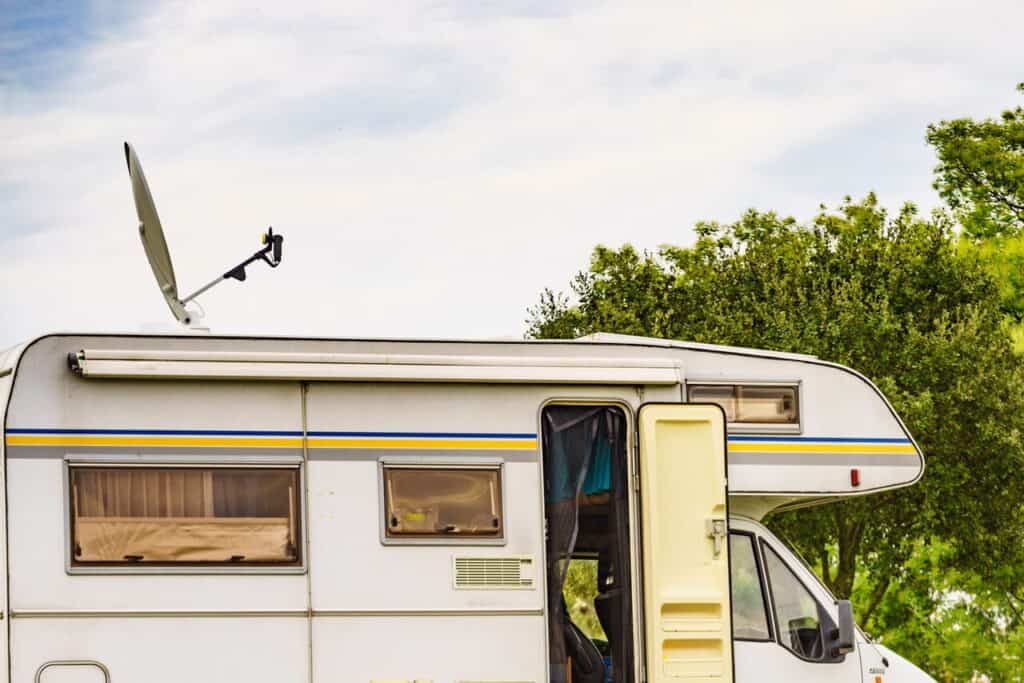
Many newcomers assume staying connected will be simple, but cell service is unreliable in remote areas. Campground Wi-Fi, when available, is usually slow and crowded. Streaming, video calls, or remote work may be difficult without extra equipment. Solutions include mobile hotspots, cell boosters, and planning routes around service needs. It takes effort to balance the desire for off-grid beauty with the need to stay online. The reality is that connection is possible but never guaranteed, and flexibility is essential for anyone relying on the internet.
6. Weather Impacts Everything
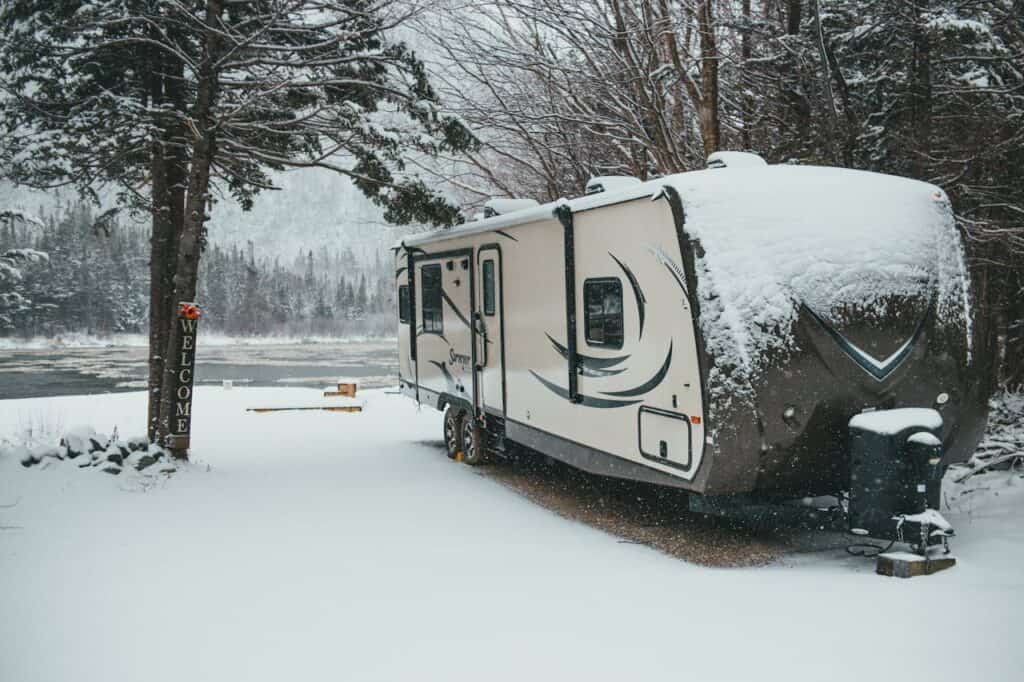
In an RV, you feel the weather more directly than in a house. Heavy rain means leaks or muddy campsites. Heat waves test your air conditioning and generator. Cold snaps risk frozen pipes. Wind can even keep you from driving safely. Adapting to the climate is part of RV life, and it often shapes your plans. Carrying backup fans, space heaters, and weather-ready gear is smart. Many RVers even plan routes to chase mild weather year-round. Flexibility is the best defense against conditions you cannot control.
7. Chores Don’t Go Away, They Just Look Different

Living on the road may seem like a vacation, but the chores still exist. Dishes pile up in a small sink. Dumping the black tank is unavoidable. Laundry becomes a puzzle of campground machines and laundromats. Cleaning is constant since dust and dirt track in from every stop. While these tasks feel different from life in a house, they also teach efficiency. You figure out shortcuts, routines, and ways to keep things running smoothly. The reality is that RV life simplifies some things but adds its own set of responsibilities.
8. The Rewards Still Outweigh the Challenges
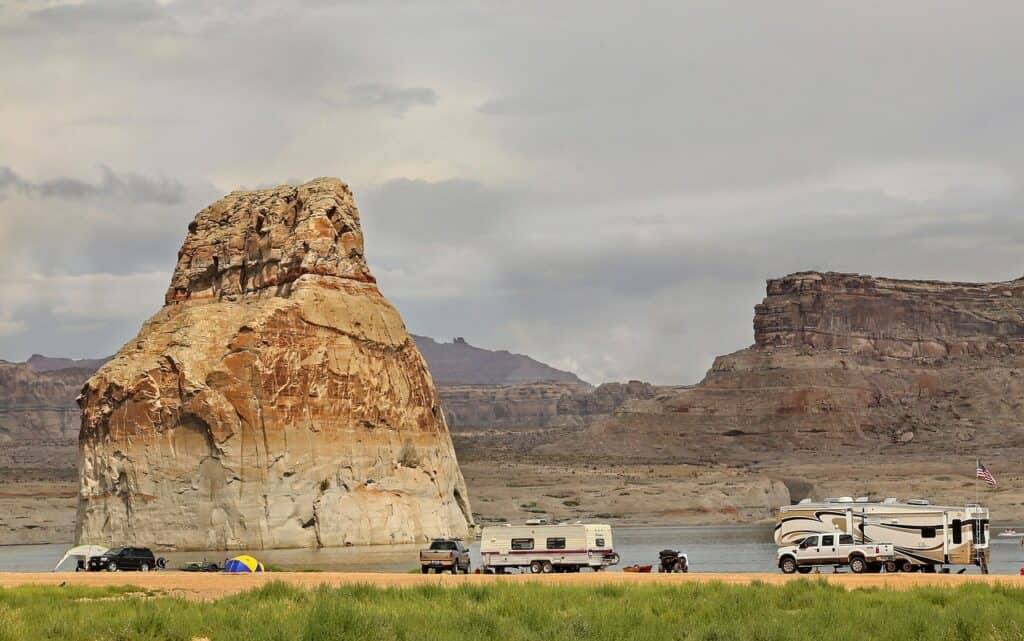
Despite the frustrations, most RVers will tell you the lifestyle is worth it. The freedom to wake up in new places, spend time in nature, and travel with comfort is hard to beat. The challenges push you to grow more adaptable, resourceful, and patient. First-timers who embrace both the highs and lows usually find the journey rewarding. What makes RV life special is not perfection but the mix of unpredictability and adventure. Expect challenges, prepare for them, and the rewards will feel even sweeter.